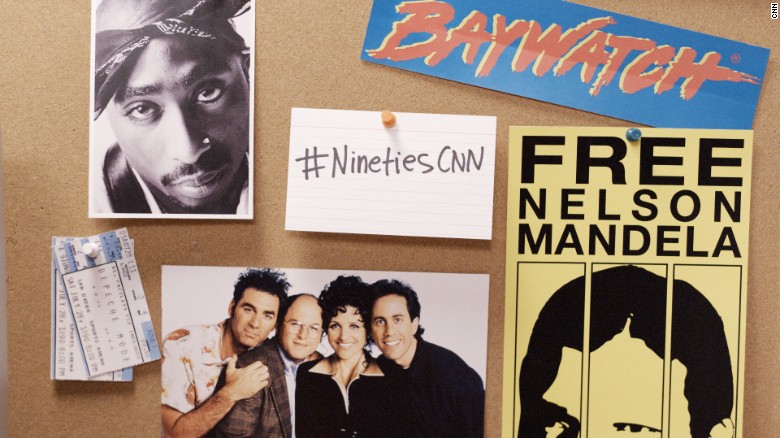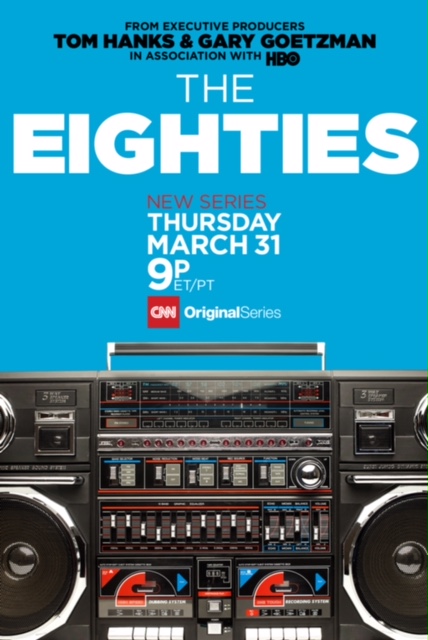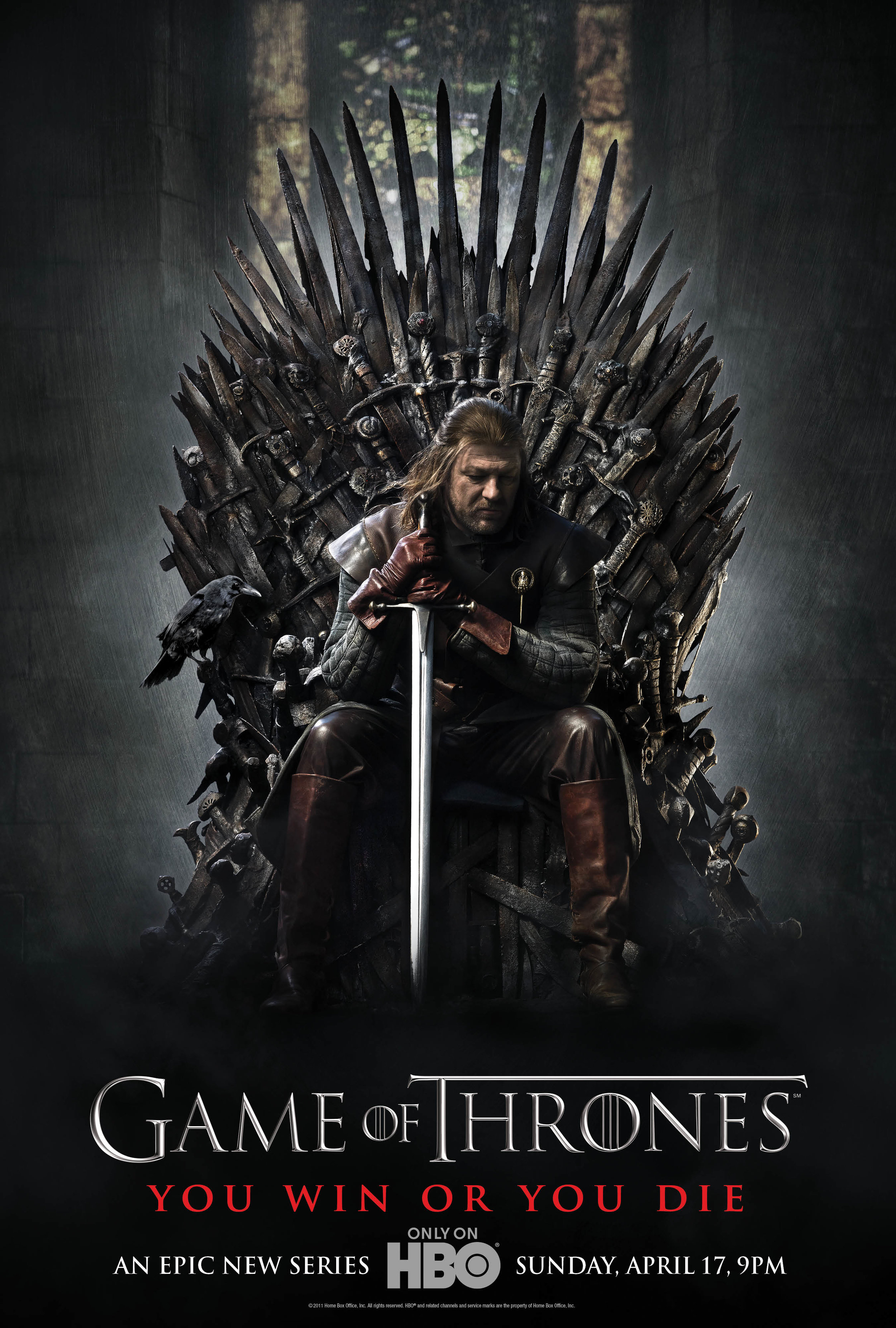How is it September? I'm refusing to believe it. I think August was some kind of time warp. But the calendar is telling me it's the first of the month, so that means it's time for this month's Read and Watch challenge suggestions!
This month the theme word is SMART in honor of all those kiddos going back to school. (To see previous themes or what this challenge is all about, check out this post.) This theme is fun because it can encompass so many different types of books (and movies and TV shows) that fit the challenge - a non-fiction read, a challenging literary fiction, a classic, a book about smart heroines or heroes, a book that makes you think. For movies and TV shows, the choices are just as varied. I can't wait to hear what y'all are reading and watching for the challenge.
And if you need some help choosing, today I have a wonderful guest who's here to help you with some of his own suggestions. Then I'll give you some of mine and tell you what I plan to read and watch for the challenge this month.
First, please welcome author Don Allmon to the blog! I love having guests who are writing in a different genre or subgenre than I am because we get a variety of choices and hear about books we might have otherwise missed.
So I'm going to hand it off to Don, but first a little about him...
About Don:
In his night job, Don Allmon writes science fiction, fantasy, and romance. In his day job, he’s an IT drone. He holds an MA in English literature from the University of Kansas where he wrote his thesis on medieval werewolf stories. He’s a fan of role-playing and board games. He has lived all over from New York to San Francisco, but currently lives on the prairies of Kansas. His debut novel, THE GLAMOUR THIEVES is the first in a cyberpunk/fantasy/romance trilogy and is available through all your favorite e-tailers.
Don's Picks
My watch choice:
Leverage is five seasons of smart and totally bingeable TV. The show follows a team of con artists who use their illegal talents to champion the little guy and swindle evil corporations. The characters are charming. The causes championed are often grounded in real-world issues or events, so you get that feel-good moment when the money- and power-hungry bad guys get their come-uppance. And their scams are elaborate and clever. As an added bonus, all five seasons are available on Netflix.
My reading choice:
Redshirts by John Scalzi
If you’re a Star Trek fan, then the title of Scalzi’s award-winning book probably tells you everything you need to know. If not: Redshirts refers to something fans of Star Trek noticed long ago: if a character in Star Trek wore a red shirt, chances were pretty good they’d die by the end of the episode. Redshirts starts with the crew’s paranoid awareness of their own short life expectancy, and the story becomes increasingly, brilliantly weird and meta as it progresses. There’s barely a single sci-fi trope that isn’t lovingly and mocked. It’s also hilarious.
I admit Redshirts works best if you’re a Star Trek fan, so just in case you’re not, here’s another SMART suggestion:
I admit Redshirts works best if you’re a Star Trek fan, so just in case you’re not, here’s another SMART suggestion:
A Series of Unfortunate Events by Lemony Snicket
In case you somehow missed them, this series of thirteen children’s books follow the Baudelaire orphans as they try to elude the wicked Count Olaf’s ridiculous and deadly schemes to steal their family inheritance. Not only are the children themselves SMART, but the books are that clever mix of wry humor and silliness that appeals to both adults and children simultaneously, like a deadpan, gothic Loony Toons. And if you’ve read the books but haven’t seen the recent Netflix adaptation, well, you just gotta. Neil Patrick Harris as Count Olaf and K. Todd Freeman as Mr. Poe (among many other shining performances) are simply too priceless to miss.
Thanks, Don! And here's another pick--Don's own book The Glamour Thieves, which just came out in August. Isn't that a cool cover? And there's a unicorn trying to play matchmaker? I'm in, lol.
Also, it got a STARRED review from Publisher's Weekly. Congrats, Don!
"A cyberpunk sensibility, intense action, and flagrant sensuality make a potent mix in Allmon’s swoonworthy debut erotic romance, with sexual encounters that echo the heat of its fantastical near-future Arizona setting." - Publisher's Weekly
About the book:
JT is an orc on the way up. He’s got his own boutique robotics shop, high-end clientele, and deep-pocketed investors. He’s even mentoring an orc teen who reminds him a bit too much of himself back in the day.
Then Austin shows up, and the elf’s got the same hard body and silver tongue as he did two years ago when they used to be friends and might have been more. He’s also got a stolen car to bribe JT to saying yes to one last scheme: stealing the virtual intelligence called Blue Unicorn.
Soon JT’s up to his tusks in trouble, and it ain’t just zombies and Chinese triads threatening to tear his new life apart. Austin wants a second chance with JT—this time as more than just a friend—and even the Blue Unicorn is trying to play matchmaker.
Roni's Picks
To Read:
If you follow my blog at all, you know I've been on a non-fiction streak for the last few months. So almost all the books I've been reading would fit under the theme of Smart. But I thought I'd pick the one that has made me think the most and that I'm still thinking about. Warning: This book is full of history and science and is not a breezy read. It was a finalist for the Pulitzer. But there was so much great information and food for thought that I feel like everyone could get something out of it. Also, I listened to this in audiobook and really liked it in that format. It has a great narrator and listening made the dense information go down more smoothly.
The Shallows by NIcholas Carr
About the book:
Finalist for the 2011 Pulitzer Prize in General Nonfiction: “Nicholas Carr has written a Silent Spring for the literary mind.”—Michael Agger, Slate
“Is Google making us stupid?” When Nicholas Carr posed that question, in a celebrated Atlantic Monthlycover story, he tapped into a well of anxiety about how the Internet is changing us. He also crystallized one of the most important debates of our time: As we enjoy the Net’s bounties, are we sacrificing our ability to read and think deeply
Now, Carr expands his argument into the most compelling exploration of the Internet’s intellectual and cultural consequences yet published. As he describes how human thought has been shaped through the centuries by “tools of the mind”—from the alphabet to maps, to the printing press, the clock, and the computer—Carr interweaves a fascinating account of recent discoveries in neuroscience by such pioneers as Michael Merzenich and Eric Kandel. Our brains, the historical and scientific evidence reveals, change in response to our experiences. The technologies we use to find, store, and share information can literally reroute our neural pathways.
Building on the insights of thinkers from Plato to McLuhan, Carr makes a convincing case that every information technology carries an intellectual ethic—a set of assumptions about the nature of knowledge and intelligence. He explains how the printed book served to focus our attention, promoting deep and creative thought. In stark contrast, the Internet encourages the rapid, distracted sampling of small bits of information from many sources. Its ethic is that of the industrialist, an ethic of speed and efficiency, of optimized production and consumption—and now the Net is remaking us in its own image. We are becoming ever more adept at scanning and skimming, but what we are losing is our capacity for concentration, contemplation, and reflection.
Part intellectual history, part popular science, and part cultural criticism, The Shallows sparkles with memorable vignettes—Friedrich Nietzsche wrestling with a typewriter, Sigmund Freud dissecting the brains of sea creatures, Nathaniel Hawthorne contemplating the thunderous approach of a steam locomotive—even as it plumbs profound questions about the state of our modern psyche. This is a book that will forever alter the way we think about media and our minds.
If you don't want quite as dense of a read but want to get similar information, I'm giving a secondary pick. Hamlet's Blackberry comes at the same issue as The Shallows but from a more philosophical perspective, pulling on a lot of history of media and then giving suggestions on finding balance. A super fast read and still very relevant even though it was written a number of years ago.
About the book:
A crisp, passionately argued answer to the question that everyone who’s grown dependent on digital devices is asking: Where’s the rest of my life? Hamlet’s BlackBerry challenges the widely held assumption that the more we connect through technology, the better. It’s time to strike a new balance, William Powers argues, and discover why it's also important to disconnect. Part memoir, part intellectual journey, the book draws on the technological past and great thinkers such as Shakespeare and Thoreau. “Connectedness” has been considered from an organizational and economic standpoint—from Here Comes Everybody to Wikinomics—but Powers examines it on a deep interpersonal, psychological, and emotional level. Readers of Malcolm Gladwell’s The Tipping Point and Outliers will relish Hamlet’s BlackBerry.
To watch:
CNN does some great documentary series, and the ones I've found consistently compelling are the ones they do on the decades. We're still working out way through The Nineties but we've watched The Seventies and The Eighties and really liked both. I've also really been enjoying The History of Comedy, which has been surprisingly educational about how comedy plays a role in the bigger society.
What I'll Be Reading and Watching
Tinker Dabble Doodle Try by Srini Pillay
I just started listening to this one in audiobook. After reading Rest: Why You Get More Work Done When You Do Less, which I raved about on the blog last week, I found this book, which is discussing the importance of "unfocus" for creativity.
About the book:
To finish tasks and achieve goals, most people believe that more focus is the solution. We rely on to-do lists, calendar reminders, noise-blocking headphones, and sometimes medication to help us concentrate—even though these tactics often fail to substantially improve productivity. Drawing on the latest brain research, compelling stories from his psychological practice, and colorful examples of counterintuitive success from sports, business, education, and the arts, neuroscientist Srini Pillay, M.D., challenges traditional ideas about productivity, revealing the lasting, positive benefits of adding deliberate and regular unfocus to your repertoire. A fascinating tour through brain wavelengths and rhythm, mindsets, and mental relaxation, Tinker Dabble Doodle Try demonstrates how specific kinds of planned unfocus stimulate cognitive calmness, jumpstart productivity, enhance innovation, inspire creativity, improve long-term memory, and, of course, help you stay on target.
Tinkering with ideas and with things releases your mind to wander from a state of stuckness into a possibility frame of mind, triggering neural connections and new insights.
Dabbling in a new endeavor—whether a hobby or fantasy—disrupts your habitual and reactive thinking, helping you find new solutions to old problems.
Doodling can help you tap into another brain frequency to remove obstacles and create opportunities and inspiration.
With techniques for training the brain to unfocus, concepts for scheduling busy lives, and ideas for controlling this new cognitive-toggling capability, Tinker Dabble Doodle Try will change how you think about daydreaming, relaxing, leaving work unfinished, and even multitasking. What you’ll discover is a greater freedom, a deeper intelligence, and a more profound joy in your life.
Amusing Ourselves to Death by Neil Postman
I also just bought this because I've heard it's extremely relevant to current times even though it was written in the 80s.
About the book:
What happens when media and politics become forms of entertainment? As our world begins to look more and more like Orwell's 1984, Neil's Postman's essential guide to the modern media is more relevant than ever.
Originally published in 1985, Neil Postman’s groundbreaking polemic about the corrosive effects of television on our politics and public discourse has been hailed as a twenty-first-century book published in the twentieth century. Now, with television joined by more sophisticated electronic media—from the Internet to cell phones to DVDs—it has taken on even greater significance. Amusing Ourselves to Deathis a prophetic look at what happens when politics, journalism, education, and even religion become subject to the demands ofentertainment. It is also a blueprint for regaining control of our media, so that they can serve our highest goals.
I don't know if this qualifies for the theme, but the hubs and I are starting Game of Thrones. Yes, I know I'm years behind everyone else but we don't get a chance to watch much TV around here. So we'll see how this goes.
Also, I am looking forward to checking out the new show Young Sheldon, which is about Sheldon from the Big Bang Theory, so most definitely fits the theme. :)














